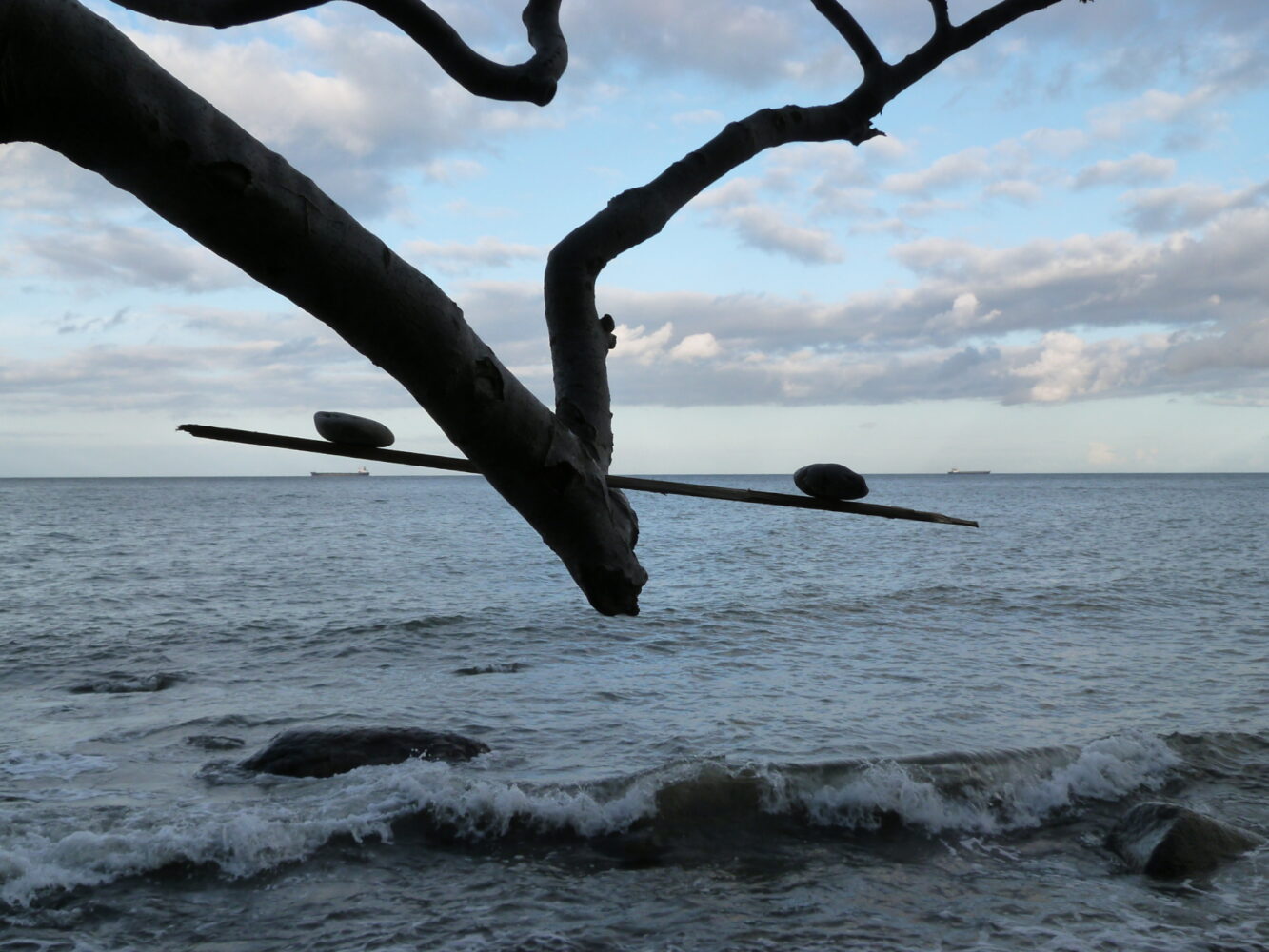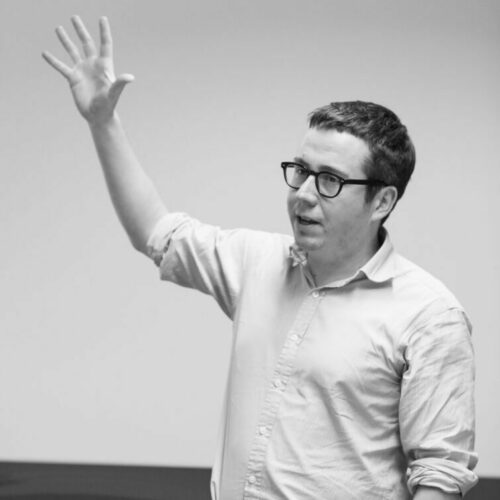Applied philosophy:
Gabriel Wollner studies questions of economic and environmental justice

“As political philosophers, we mainly think and balance pros and cons of different arguments”, says Gabriel Wollner who has dedicated himself to studying questions of economic and environmental justice. Do highly indebted countries like Greece or Argentina have to pay their debts? Are the interests of future generations equally as important as our interests today? To whom do our natural resources belong, and how to deal with land in an equitable manner? These are some of the questions the researcher is asking.
A new way of dealing with national debts
“Whereas ethics poses questions of right and wrong, especially as they relate to the actions of individuals, political philosophy also focuses on the role of institutions. And I want to know which institutions we can use to mutually fulfil our obligations.” In that context, also solution models for solving transnational conflicts have to be questioned. For example, Wollner calls for alternative ways of dealing with high levels of sovereign debt. Instead of insisting that debts always have to be paid back under all circumstances, he suggests to think about bankruptcy regimes for sovereign states, analogue to personal insolvency, that leave more room for renegotiation and considerations of fairness and justice.
The thought experiment as method
For Gabriel Wollner science does not necessarily have to be neutral: “I want to interfere in current debates, and if I have the better argument I take a stand.” What attracts him most regarding his own discipline is their general openness towards new arguments and positions. Even new students are able to surprise him with perspectives that he did not take into account. Following that, thought experiments offer the possibility to go through different options and scopes of action concerning their persuasiveness: “Just imagine, if a group agrees on sharing the costs for reducing CO2 emissions and protecting the climate and if one individual breaches that agreement, I can react completely differently. I could stand to the agreement, I could reduce my own contribution, or I could enhance it to ensure that the main goal is still achievable.” Those questions become more and more urgent as Wollner assumes a further intensification of global crises due to economic and environmental change that will challenge our living together even more in the future.
For an applied philosophy
At the Humboldt-Universität zu Berlin, Wollner would like to intensify collaboration with other disciplines to link the political philosophy with applied-orientated question on transformation processes. His four-person team is correspondingly made up of philosophers versed in economics and political science. From the postdoctoral researcher to the student assistant, each of them can be called “returnee from abroad”. With roots in the Rhineland and Brandenburg, the research group leader himself has spent the last thirteen years in Britain and the United States. He studied at Oxford and Harvard, earned his doctorate at University College London and taught at the London School of Economics.
Photo: Ines Bruchmann
Contact

Gabriel Wollner
From 2015-2018, Gabriel Wollner was head of the IRI THESys Research Group “Global Challenges in Economic and Environmental Ethics” and a junior professor at HU’s Department of Philosophy.


